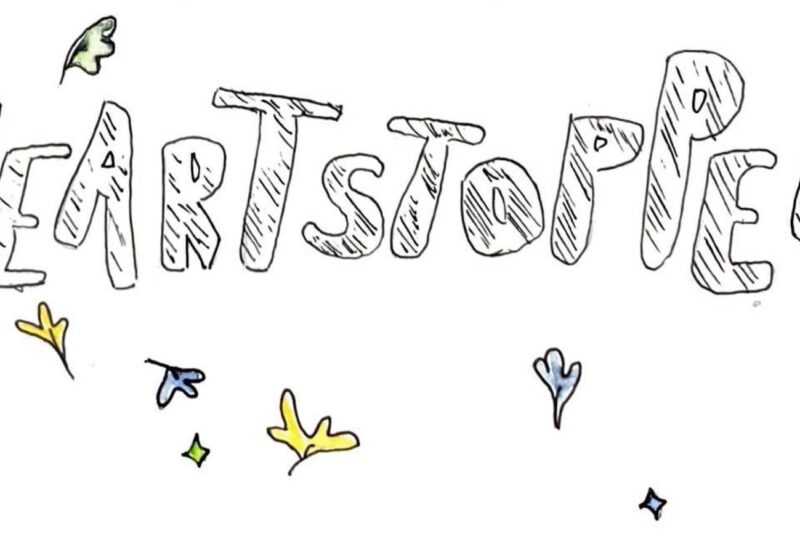It’s been a little over a year since the inception of Fill Fauver/Pack the Palestra, and while at times the program has seen success, it is time the Students’ Association re-evaluated its strategy. Despite the efforts of the program’s coordinators, sophomores Jesse Cramer and Trey Socash, attendance at games is still sporadic. But perhaps the biggest problem facing the program is not the result, but the method.
This past Friday, the SA government and Chi Phi Fraternity sponsored ‘Stuff Speegle” for the swim teams’ first home meet the same night as the men’s and women’s soccer games against Emory University. While it is inevitable that this kind of overlap will sometimes occur, the organizing body behind this initiative would do well to continuously communicate with head coaches throughout the season to understand the magnitude of concurrent matches: Emory’s men’s soccer team was last year’s University Athletic Association champion and a perennially tough opponent; the swim meets were two days long and Stuff Speegle could just as easily have been held on Saturday, when no other sporting events were at home.
The current system, where Fill Fauver/Pack the Palestra dates are chosen at the beginning of the semester, allows the SA little flexibility to support teams in crucial matchups. When the women’s field hockey team played William Smith College and Skidmore College two weeks ago, the implications of the game were huge win and they made the Liberty League playoffs for the first time since 2005. Still, the stands at Fauver Stadium during both games were virtually devoid of students.
A more ad hoc approach is needed. Perhaps there will always be less support at a field hockey game than a football game, but by choosing games that feature less consequential matchups, the SA is hardly giving the sport a chance. Instead, the committee could operate more on an ‘as-needed” basis, collaborating with other organizations to sponsor at least one home event per sport each year (as they already do), but then also taking the extra step to get support at the games where the athletes could really use it.



